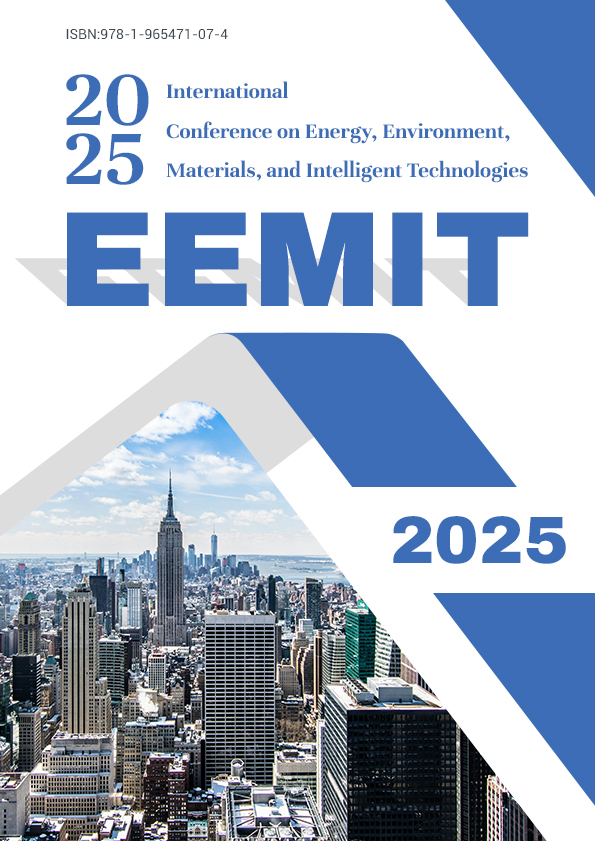Integrated Strategies for Saline-Alkali Soil Remediation: Advances in Plant-Microbe Interactions, CRISPR-Based Breeding, and Sustainable Biochar Applications

Authors:
Hu Liu, Qi Wang, Jian Wang, Hongfang Li, Hui Zhou, Weidong Xi, Lei Gao
Keywords:
Saline-alkali soil remediation; CRISPR-Cas9; Plant-microbe interactions; Biochar; Sustainable agriculture; soil microbiome.
Doi:
10.70114/acmsr.2025.4.1.P53
Abstract
Saline-alkali soil degradation represents a critical challenge to global agricultural sustainability and food security. This comprehensive review synthesizes recent advances in biological remediation strategies, focusing on three key technological approaches: (1) plant-microbe interactions, where symbiotic relationships with microorganisms like Sinorhizobium meliloti enhance nitrogen fixation by 30% and Novosphingobium sp. improves phosphorus availability through rhizosphere acidification; (2) CRISPR-Cas9 genome editing, particularly the knockout of AT1 gene that increases crop yields by 20-27.8% under high alkalinity (pH 9.1) conditions; and (3) engineered biochar applications, with Ca/Mg-modified biochar demonstrating a remarkable 320% increase in soil organic matter content.Field validation studies highlight the effectiveness of these approaches, including Halogeton glomeratus monoculture systems reducing soil Na⁺ by 37%, and SNP (nitric oxide donor) treatment improving quinoa germination rates by 50% through reactive oxygen species (ROS) scavenging mechanisms. The review further develops an integrated implementation framework that combines genomic tools, microbial community engineering, and policy support mechanisms to facilitate large-scale deployment.These biological solutions offer significant advantages over conventional remediation methods, including reduced chemical inputs, carbon sequestration potential through biochar application, and improved sustainability metrics. The synthesis of laboratory research with field-scale applications provides both theoretical foundations and practical guidelines for addressing soil salinization challenges, while aligning with multiple UN Sustainable Development Goals (SDGs) related to food security, clean water, and climate action.


